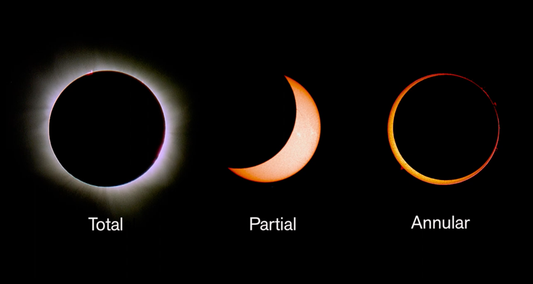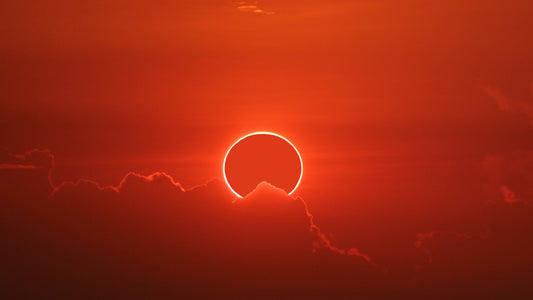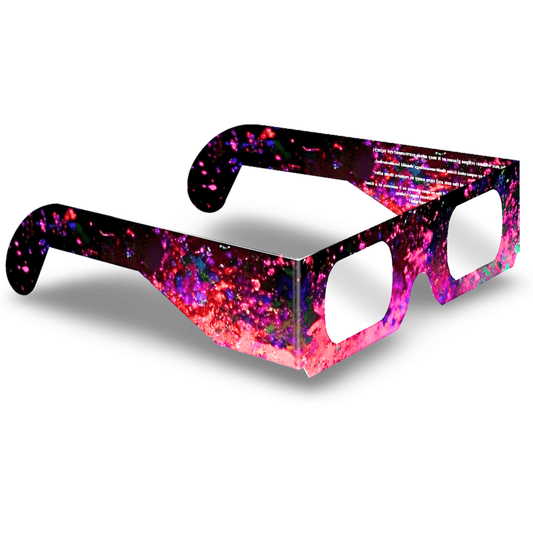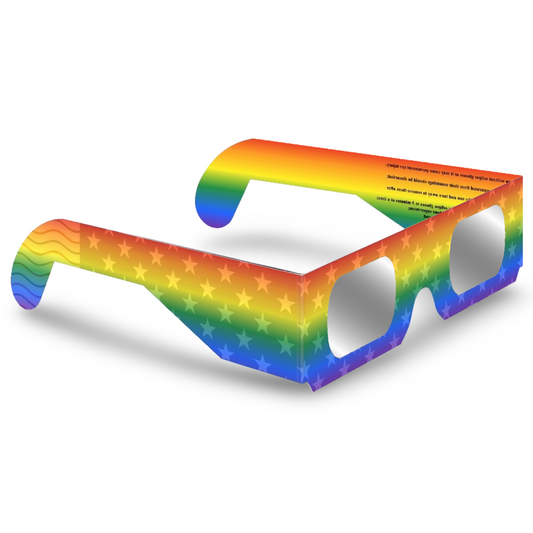The Next Solar Eclipse in Pennsylvania: When and Where to Catch the Celestial Event
Solar eclipses have captured the imagination and curiosity of people throughout history, providing breathtaking celestial spectacles that are both beautiful and scientifically intriguing. For residents of Pennsylvania, the next solar eclipse may be just around the corner. In this article, we'll explore the details of the upcoming solar eclipse, discuss the best locations to witness this incredible event in Pennsylvania, and provide helpful tips to ensure a safe and memorable eclipse-viewing experience.
When is the Next Solar Eclipse in Pennsylvania?
Pennsylvania will experience its next solar eclipse on October 14, 2023. This event will be a partial solar eclipse, meaning that the Moon will only partially cover the Sun, creating a crescent-shaped sun visible from the ground. The maximum coverage of the Sun will occur at approximately 3:07 PM local time, with the event lasting from around 1:43 PM to 4:24 PM, depending on your location within the state.
It's important to note that Pennsylvania will not fall within the path of totality for this particular eclipse, so the Sun will not be completely obscured by the Moon at any point during the event. However, residents can still expect an impressive celestial display as the Moon moves across the Sun's face.
Best Locations to View the Solar Eclipse in Pennsylvania:
While the entire state of Pennsylvania will have the opportunity to witness the partial solar eclipse, some locations may offer better viewing conditions and experiences than others. Here are some recommendations for optimal eclipse-watching spots in Pennsylvania:
-
Cherry Springs State Park: Located in Potter County, Cherry Springs State Park is renowned for its dark skies and minimal light pollution. This makes it an ideal location for stargazing and eclipse-viewing, as the lack of artificial light will allow for clearer and more detailed observations of the celestial event.
-
Pulpit Rock Observatory: Situated in Berks County, Pulpit Rock Observatory is operated by the Berks County Amateur Astronomical Society and offers excellent facilities for observing astronomical events. The observatory often hosts public viewing events during solar eclipses, providing telescopes and expert guidance to enhance the experience.
-
Local Astronomy Clubs: Many cities and towns in Pennsylvania have active astronomy clubs that organize events and gatherings for solar eclipse viewing. Joining a local club can be a great way to share the experience with fellow enthusiasts and gain access to specialized equipment and knowledge.
Tips for Safe Eclipse Viewing:
It's crucial to remember that looking directly at the Sun, even during a partial solar eclipse, can cause severe and permanent eye damage. To ensure a safe and enjoyable eclipse-viewing experience, follow these tips:
-
Use Solar Viewing Glasses: Solar viewing glasses, also known as eclipse glasses, are specifically designed to protect your eyes from the harmful rays of the Sun. These glasses are equipped with special filters that block out the majority of the Sun's light, allowing you to observe the eclipse safely. Be sure to purchase glasses from a reputable manufacturer and check for the ISO 12312-2 certification to ensure their effectiveness.
-
Use a Solar Filter for Telescopes and Cameras: If you plan to use a telescope, binoculars, or a camera to observe the eclipse, it's essential to use a solar filter specifically designed for your equipment. These filters attach to the front of your device and protect both your eyes and your equipment from the Sun's harmful rays.
-
Never Look at the Sun Through Unfiltered Optics: Looking at the Sun through unfiltered telescopes, binoculars, or cameras can cause immediate and irreversible eye damage. Always use appropriate solar filters and never attempt to observe the Sun directly without proper protection.
In the meantime, take the opportunity to learn more about solar eclipses and their scientific significance. Familiarize yourself with the various stages of an eclipse, such as the first contact, maximum eclipse, and last contact, to better understand the event as it unfolds.
Keep an eye on local news and social media for updates on public viewing events organized by astronomy clubs and observatories. These gatherings can provide not only an enhanced viewing experience but also an opportunity to connect with fellow astronomy enthusiasts and learn from experts.
Finally, don't forget to share your eclipse experience with friends and family, both in person and through social media. Solar eclipses are rare and awe-inspiring events that create lasting memories, and sharing them with others can help foster a greater appreciation for the wonders of our universe.
So, mark your calendar for October 14, 2023, and get ready to witness the next solar eclipse in Pennsylvania. With careful planning and preparation, you'll be all set to enjoy a safe and unforgettable celestial spectacle.











